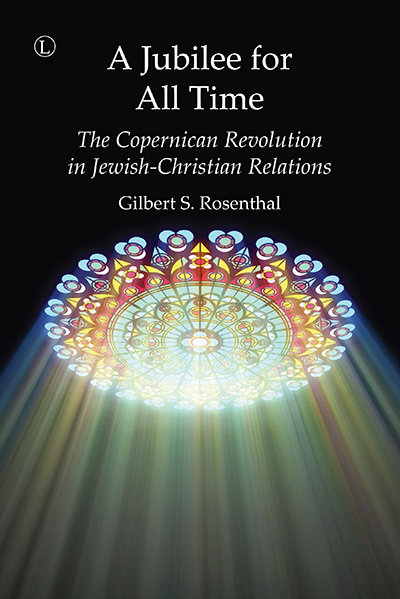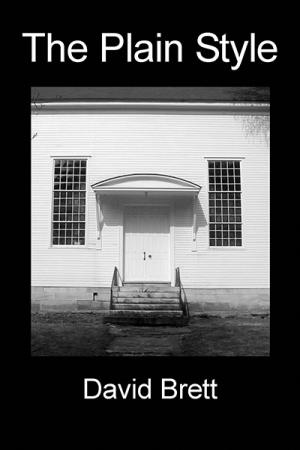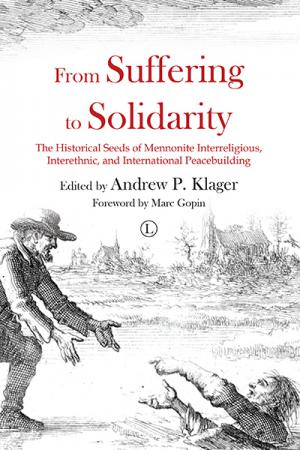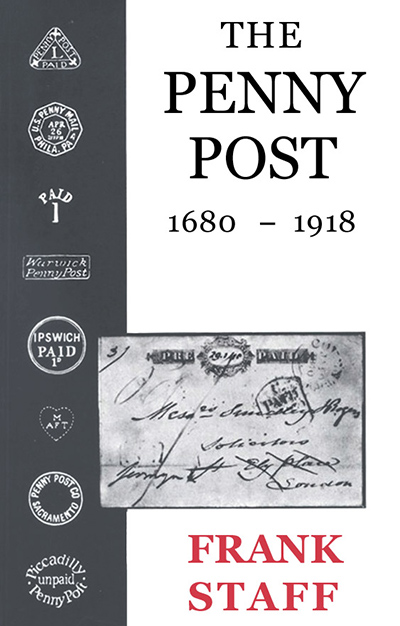Description
In 1965, the Second Vatican Council formally issued a historic document titled Nostra Aetate (In Our Time). It was an attempt to frame the relationship between the Roman Catholic Church and the Jewish people. Never before had an ecumenical council attempted such a task. The landmark document issued by the Council and proclaimed by Pope Paul VI precipitated a Copernican revolution in Catholic-Jewish relations and started a process that has spread to the Protestant and Orthodox worlds as well.
A Jubilee for All Time, consisting of essays and reflections by Catholic, Protestant, Orthodox, and Jewish scholars and theologians, by pastors and professors from the United States, Canada, Ireland, Great Britain, and Israel, is an evaluation of what Nostra Aetate has accomplished thus far and how Christian-Jewish relations must proceed in building bridges of respect, understanding, and trust between the faith groups. A Jubilee for All Time serves as a source of discussion, learning, and dialogue for scholars, students and intelligent laypersons who believe that we must create a positive relationship between Judaism and Christianity.
About the Author
Gilbert S. Rosenthal is the Director of the National Council of Synagogues, a partnership of the Reform, Conservative, and Reconstructionist movements in Judaism dealing with interfaith matters. He has written articles and essays in English and Hebrew, as well as more than twelve books, including What Can a Modern Jew Believe? (2007) and The Many Faces of Judaism (1978).
Contents
Preface
Introduction
Gilbert S. Rosenthal
Part 1: Retrospective Reflections
1. Fifty Years since the Second Vatican Council: Its Significance for Christian-Jewish Relations
David Rosen
2. Abraham Joshua Heschel and the Second Vatican Council: Some Personal Memories
Susannah Heschel
3. Vatican II’s Nostra Aetate: Its Impact on the Church’s Theological Self-Understanding
John T. Pawlikowski
4. Nostra Aetate: Fifty Years On
Edward Kessler
5. “God Holds the Jews Most Dear”: Learning to Respect Jewish Self-Understanding
Philip A. Cunningham
6. Toward a New Era of Partnership between Judaism and Christianity: A Covenantal Reflection on Nostra Aetate as a (Re)Turning Point
Irving Greenberg
Part 2: Nostra Aetate and Other Christian Faith Groups
7. In Our Time: The Legacy of Nostra Aetate in Mainline Protestant Churches
Joseph D. Small
8. On Jewish-Orthodox Christian Relations
Antonios Kireopoulos
9. Vatican II and Nostra Aetate at Fifty: An Evangelical View
Alan F. Johnson
Part 3: Nostra Aetate and Its Communal and Pastoral Impact
10. Nostra Ætate, Kairos and Mysterium
Murray Watson
11. Liturgical Reform and Renewal in the Roman Catholic Church and Its Impact on Christian-Jewish Relations
Liam M. Tracey
12. Nostra Aetate: At Fifty There Is Wisdom
Michael Reid Trice
13. Teaching, Learning, and Relationships: Nostra Aetate and Education
Elena Procario-Foley
14. The Implications of Nostra Aetate for Interreligious Dialogue in Israel
Ronald Kronish
15. Reflections on the Impact of Nostra Aetate on Israeli Life
Deborah Weissman
Part 4: Unresolved Issues
16. Nostra Aetate after Fifty Years: Covenant and the Election of Israel
David Berger
17. Nostra Aetate’s Processing of Gospel Texts: Five Substantive Reactions by Lay Jews
Michael J. Cook
18. In Our Time: Nostra Aetate after Fifty Years: Retrospect and Prospects
Eugene J. Fisher
Part 5: Symposium: How Nostra Aetate Affected Me
19. A Rabbi Teaches at Catholic and Protestant Colleges
Barry Cytron
20. An Unlikely Path: Reflections on Catholic-Jewish Collaboration
Lawrence Frizzell
21. On Modern Miracles
Eugene Korn
22. Being a Child of Vatican II
Shira L. Lander
23. A Catholic Priest Goes to the Jewish Theological Seminary
Guy A. Massie
24. Raised in a World of Dialogue
David Sandmel
25. Nostra Aetate: A Reflection
Byron L. Sherwin
Afterword
Gilbert S. Rosenthal
Appendix I
Appendix II
Contributors
Endorsements and Reviews
The document Nostra Aetate, issued at the conclusion of the Second Vatican Council, changed the relationship of Jews and Christians more profoundly than any event in the two-thousand-year encounter of those two communities of faith. Now as we near the fiftieth anniversary of that document, Gilbert Rosenthal offers us a veritable banquet in the form of A Jubilee for All Time. Like any good celebration, it offers us significant food for thought and the company of some of the foremost thinkers about Jewish-Christian relations. This is an invitation well worth accepting.
Daniel Polish, Rabbi of Congregation Shir Chadash, New York
Combining personal reflections, historical observations, practical pedagogy, and theological sensitivity, the authors of this marvellous collection celebrate Nostra Aetate, even as they continue its work.
Amy-Jill Levine, Professor of New Testament and Jewish Studies, Vanderbilt University
All essays are recommended and no obvious voice, relevant theme, or controversy are missing. The work succeeds in being diverse in the authors’ religious identities, yet focused with the right balance of honesty and praise.
Peter Admirand, in Reading Religion, November 2017
The collection brings out well (should any reader need convinced on the point) the truly epochal significance of that document, and the sea-change it has enabled in Jewish-Christian (and not just Jewish-Catholic) relations. … It is a collection full of joy and relief.
Peter Waddell, in Reviews in Religion and Theology, Vol 25, Issue 1
Because the work offers an excellent summary of the current state of Jewish-Christian relations, it could be particularly well adapted for a university course on the same. It is also a useful and insightful resource to stimulate group discussion on interfaith dialogue and religious education.
Katie R Leggett, in Theological Book Review, Vol 28, No 2






